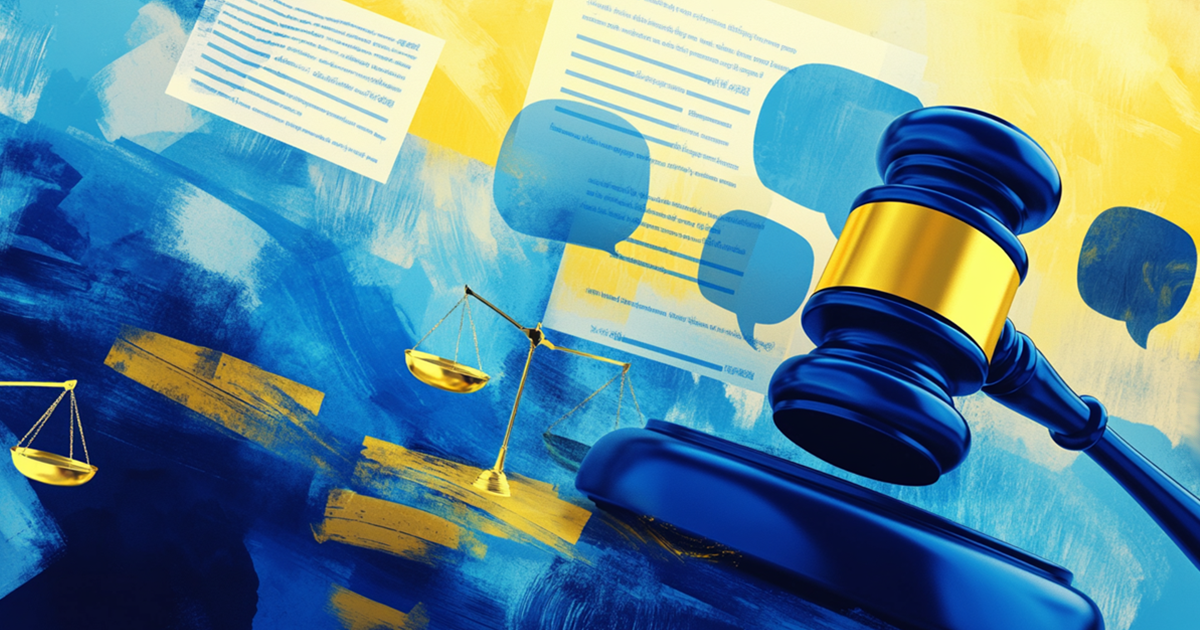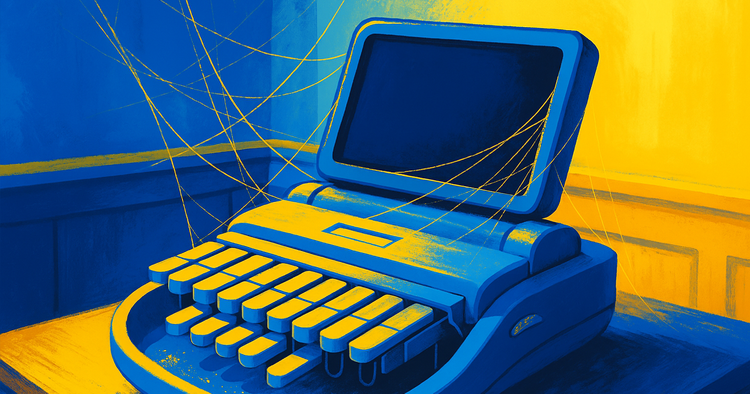How Instant Legal Transcription Transforms Depositions and Case Strategy

Transcripts are essential to legal work, but getting them hasn’t always been easy. Attorneys are used to waiting—sometimes days or weeks—for finalized deposition transcripts, delaying case strategy and preparation. Even when rough drafts are available sooner, they often lack the clarity needed for quick decision-making.
Now, AI-powered instant transcription is changing that. Instead of passively waiting for a document, legal teams can access a running transcript in real time, searching testimony, flagging key moments, and refining their approach as the deposition unfolds. Instant transcription turns transcripts into dynamic, strategic tools that enhance every stage of litigation.
Real-Time Access to Transcripts
Every attorney has been there—taking meticulous notes during a deposition, trying to capture important points while simultaneously formulating the next question. Even with skilled legal transcriptionists providing accurate official transcripts afterward, attorneys often wish they could reference exact testimony in the moment. Professional transcripts remain the gold standard for legal proceedings. Still, with instant transcription technology, attorneys no longer need to rely solely on their memory or handwritten notes.
Instant access to a running transcript changes the pace of depositions entirely. Attorneys can review testimony as it unfolds, catching inconsistencies, clarifying ambiguous statements, and adapting their approach on the fly. Imagine a witness making a vague or conflicting statement. Instead of relying on memory or hastily scribbled notes, an attorney can quickly search the transcript, confirm what was said just minutes earlier, and immediately follow up. That kind of agility isn’t just convenient—it strengthens case strategy in real time.
Enhanced Strategic Questioning
A well-placed question can determine the direction of a deposition. But crafting the perfect follow-up often hinges on recalling exactly what was said—word for word. That’s where instant legal transcription becomes a strategic partner. Instead of flipping through notes or relying on memory, attorneys can search the running transcript in real time, pinpointing key statements and refining their questioning with surgical precision.
Let’s say a witness contradicts something they said earlier. Without instant transcription, catching that discrepancy in the moment can be difficult. With it, an attorney can quickly search for the original statement, pull up the exact phrasing, and challenge the witness with undeniable accuracy. Immediate transcript access strengthens impeachment opportunities and ensures inconsistencies don’t go unnoticed.
Beyond contradictions, instant transcript searching also sharpens strategic questioning. Attorneys can track how a witness’s responses evolve throughout the deposition, ensuring that key points don’t get lost in the flow of conversation. If opposing counsel objects, an attorney can instantly review the precise wording of the question, understand the objection’s context, and adjust their approach accordingly.
Collaboration & Organization Benefits
Depositions move quickly. Key testimony can slip by instantly, and keeping track of critical moments is no small task, especially when multiple attorneys are involved. Instant transcription doesn’t just capture the words; it gives legal teams the tools to stay organized, collaborate seamlessly, and build a stronger case strategy in real time.
With digital annotation features, co-counsel can flag testimony on the fly without disrupting the flow of questioning. A color-coded system makes it easy to categorize statements—for example, red for harmful admissions, green for favorable testimony, and blue for areas needing follow-up. Instead of sifting through pages of notes after the fact, attorneys can pinpoint key moments instantly, ensuring that nothing gets overlooked.
Linked annotations add another layer of efficiency, tying contextual notes directly to specific testimony. No more flipping through documents or second-guessing why a statement stood out—everything is captured in the moment. With structured, searchable transcripts, teams stay aligned, build more formidable case strategies, and streamline trial preparation.
Insights Beyond Text: Audio Replay Value
Not everything can be captured in a transcript. Words tell part of the story, but tone, hesitation, and emphasis can change the meaning. A simple “yes” in writing might seem definitive—but in the audio, a long pause or uncertain inflection could tell a different story.
With integrated audio replay, attorneys can analyze those subtle cues that don’t translate to text. Did the witness hesitate before answering? Did their tone shift under pressure? These details matter, especially when assessing credibility or preparing for cross-examination. Revisiting the original audio alongside the transcript ensures nothing gets lost in translation. It’s not just about what was said—it’s about how it was said. And in legal strategy, that distinction matters.
Post-Deposition Review Efficiency
Sorting through hours of deposition testimony shouldn’t feel like searching for a needle in a haystack. With structured, searchable transcripts, legal professionals can jump straight to the most critical moments. Key sections flagged during questioning become instant reference points, streamlining prep for motions, trial strategy, and witness impeachment.
Organized transcripts also create a living case file. Deposition content links directly to exhibits, prior testimony, and key legal arguments, forming a cohesive evidence trail. This results in faster review, a more potent case strategy, and fewer billable hours spent on tedious manual searches.
The Advantage of Instant Transcription
Instant legal transcription is transforming depositions from static documentation into dynamic strategic assets. As courts and law firms increasingly embrace digital innovation, those who adopt these tools gain a distinct competitive edge in case preparation and execution. Consider how real-time transcription could reshape your deposition strategy and strengthen client outcomes. In the legal industry, the difference between good and exceptional representation often comes down to tools that maximize every moment of testimony. Don't just document depositions—leverage them for the strategic intelligence they contain.




